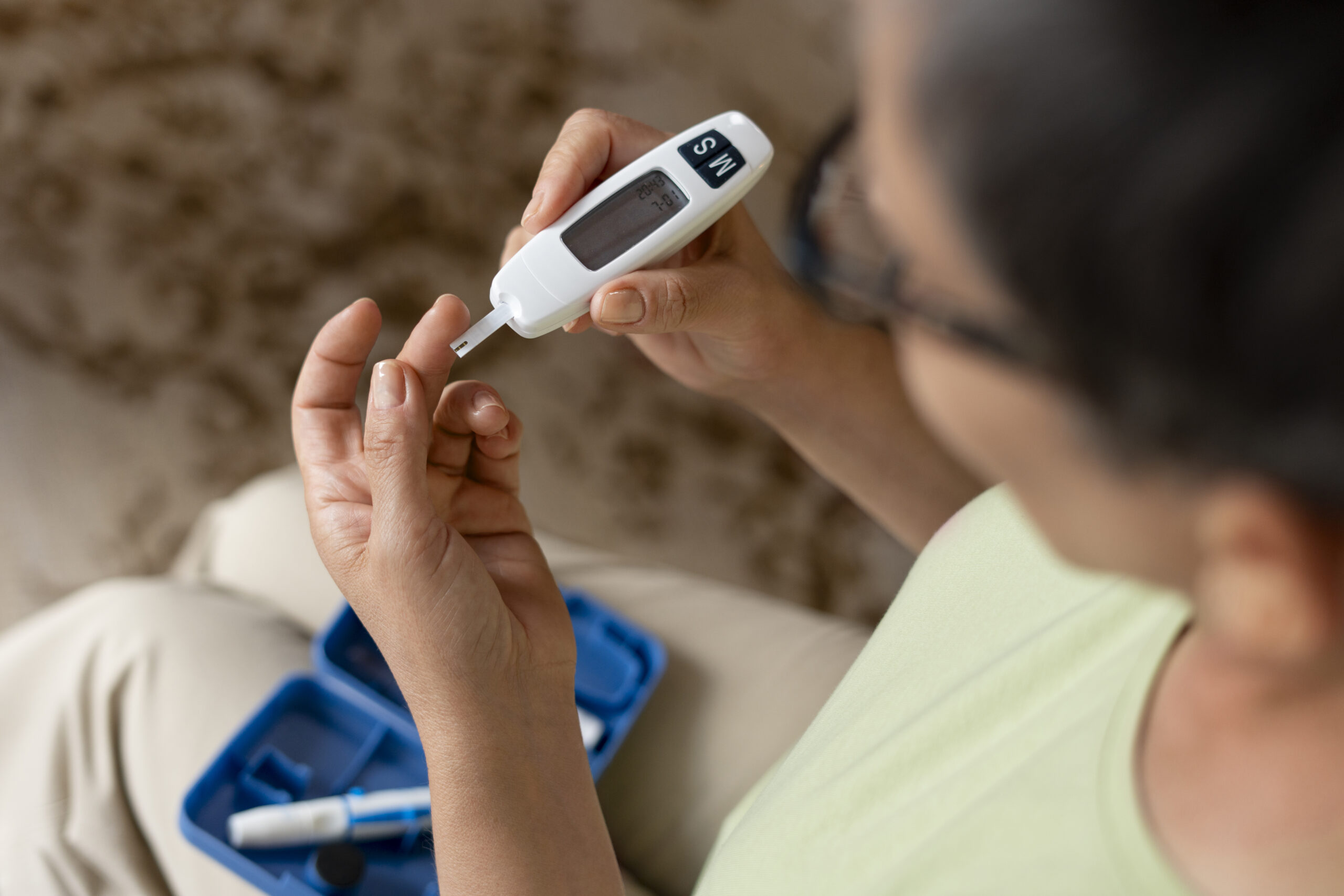Learn how diabetes and high blood pressure damage your kidneys. CuraKidney explains risks, prevention, and care for healthier lives.
Your kidneys are vital organs that filter waste and excess fluids from your blood, helping maintain a healthy balance of minerals and chemicals. However, chronic conditions like diabetes and hypertension (high blood pressure) can put a significant strain on your kidneys, sometimes leading to chronic kidney disease (CKD) or kidney failure.
Diabetes and Your Kidneys
Diabetes is one of the leading causes of kidney disease worldwide. When blood sugar levels are consistently high, they can damage the tiny blood vessels in your kidneys, reducing their filtering ability. Over time, this damage can cause the kidneys to leak protein into the urine—a condition called proteinuria—which is an early sign of kidney damage.
If left unmanaged, high blood sugar causes progressive kidney damage that may eventually lead to kidney failure. This means your kidneys can no longer filter your blood effectively, requiring treatments like dialysis or a kidney transplant.
Hypertension and Kidney Health
Hypertension, or high blood pressure, is another major factor affecting kidney health. High blood pressure increases the force of blood against the walls of blood vessels, including those in your kidneys. Over time, this pressure can weaken and narrow the blood vessels, impairing kidney function.
Damaged kidneys may not regulate blood pressure well, creating a harmful cycle where hypertension worsens kidney function, and kidney problems elevate blood pressure further. This cycle can accelerate the progression of CKD.
The Dangerous Duo: Diabetes and Hypertension
Many people with diabetes also have hypertension, which can compound kidney damage. When these two conditions coexist, the risk of kidney disease and other complications rises significantly. Managing both conditions is crucial to protecting your kidneys and overall health.
Protecting Your Kidneys
The good news is that with proper care, you can reduce the risk of kidney damage caused by diabetes and hypertension:
Control Blood Sugar: Monitor your blood sugar levels and follow your doctor’s advice on medications, diet, and lifestyle to keep it within target ranges.
Manage Blood Pressure: Aim to keep your blood pressure below your target (often below 130/80 mmHg). Take prescribed medications and adopt heart-healthy habits.
Regular Checkups: Routine tests, including urine and blood tests, help detect kidney damage early so you can take action.
Healthy Lifestyle: Maintain a balanced diet, stay physically active, avoid smoking, and limit alcohol consumption.
Diabetes and hypertension can silently harm your kidneys over time, but early detection and effective management can slow or prevent kidney disease. Working closely with your healthcare team is essential to protect your kidney health and maintain a better quality of life.


